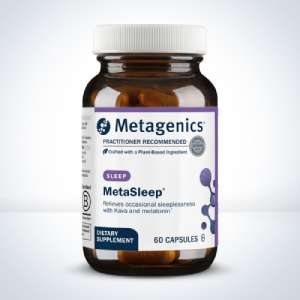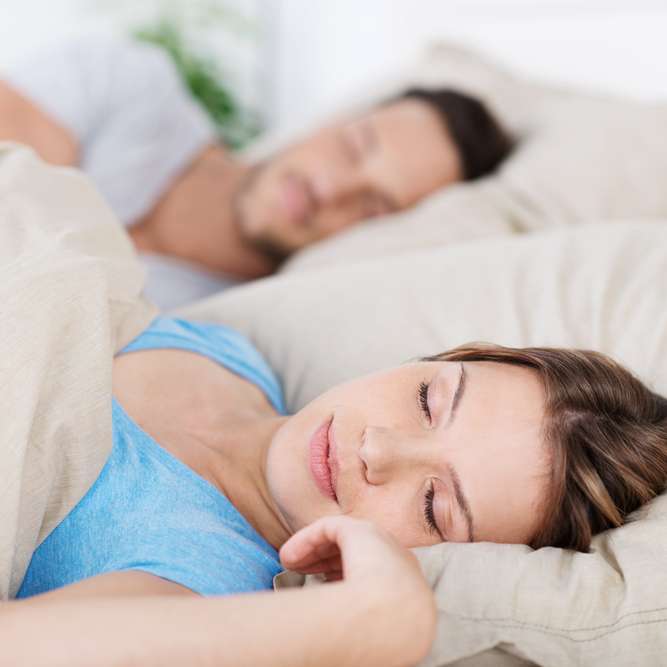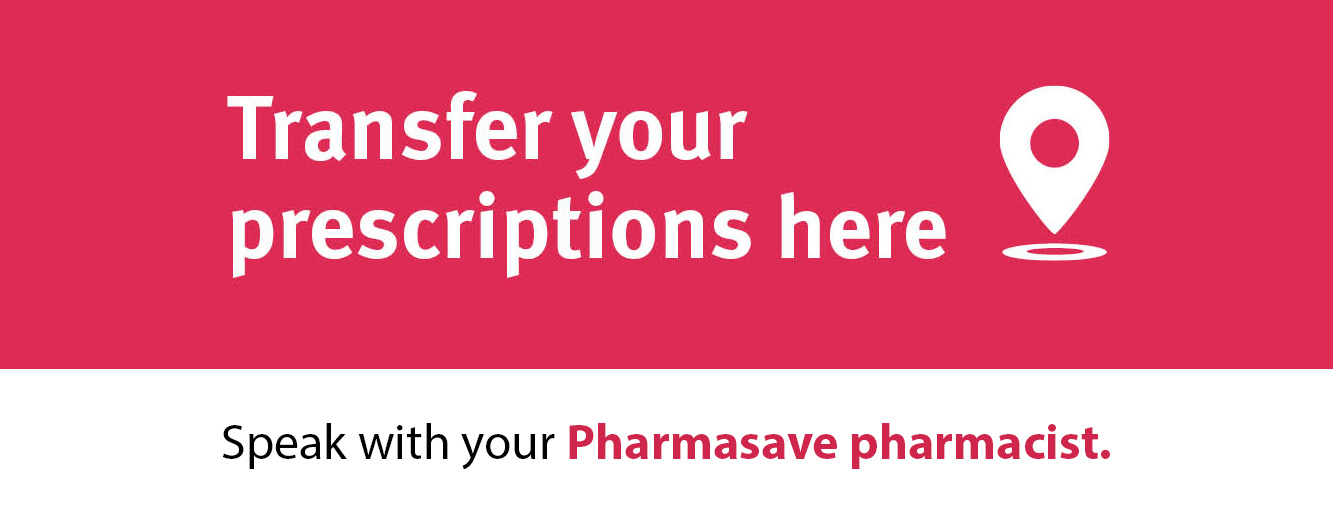A new Canadian study estimated the prevalence of insomnia and the use of sleep aids among adults and showed that 24.6% were dissatisfied with their sleep, 16.3% met the criteria for insomnia disorder, 14.7% used prescribed sleep medications, 28.7% used natural products or over-the-counter aids, and 9.7% used alcohol for sleep. The consequences of insomnia are far-reaching, including fatigue, impaired cognitive function, irritability, and long-term health risks like heart disease and diabetes.
Causes of Insomnia
Stress and anxiety are among the most common causes, leading to racing thoughts and an inability to relax at bedtime. Shift work and menopausal night sweats can disrupt the body’s natural sleep-wake cycle, known as the circadian rhythm. Medical conditions like sleep apnea, asthma, anemia, depression, chronic pain, and acid reflux can disrupt the normal sleep process. Certain medications, particularly stimulants or those that alter brain chemistry, can exacerbate insomnia.
Sleep Hygiene
One of the first steps is improving sleep hygiene to promote consistent, restorative sleep. This involves creating an environment conducive to sleep and establishing healthy bedtime routines. This includes:
- Maintaining a regular sleep schedule, going to bed and waking up at the same time daily, even on weekends.
- Creating a relaxing pre-sleep routine, such as reading or taking a warm bath to signal to the body that it is time to wind down.
- Limiting exposure to screens (phones, computers, TVs) in the hour before bed, as the blue light interferes with the production of melatonin, which regulates sleep.
- Creating a comfortable sleep environment, ensuring that the room is dark, quiet, and cool.
- Avoiding caffeine, nicotine, and alcohol before bed, as these substances are neuro-stimulants. Alcohol can be calming at first but can interfere with the production of L-Tryptophan into the brain which is needed to make melatonin.
- Exercising regularly, but avoiding vigorous physical activity close to bedtime.
Natural Supplements for Insomnia
Melatonin, a hormone that regulates the sleep-wake cycle is particularly beneficial for those experiencing jet lag or shift work-related insomnia and more helpful for falling asleep unless you are using a variable-release melatonin supplement which will mimic how melatonin rises and falls in the body. With Metagenics‘ MetaSleep‘s time-release technology, your body absorbs 50% in the first hour and the rest over 5+ hours, to support a healthy sleep pattern. It also contains kava root, which promotes mental calmness during times of stress for better sleep quality.
GABA (Gamma-Aminobutyric Acid), has shown promise in calming the nervous system and reducing sleep latency. Studies suggest it may help individuals fall asleep faster, especially when combined with other calming substances like L-Theanine. Liposomal GABA (Designs For Health) with L-Theanine can be used at bedtime and upon waking up in the middle of the night to help with falling back to sleep.
Lyle Sunada is a compounding pharmacist and NAMS Certified Menopause Practitioner specializing in hormone balancing and alternative medicine at Cloverdale Pharmasave. Everything mentioned in the article is available In-Store.





